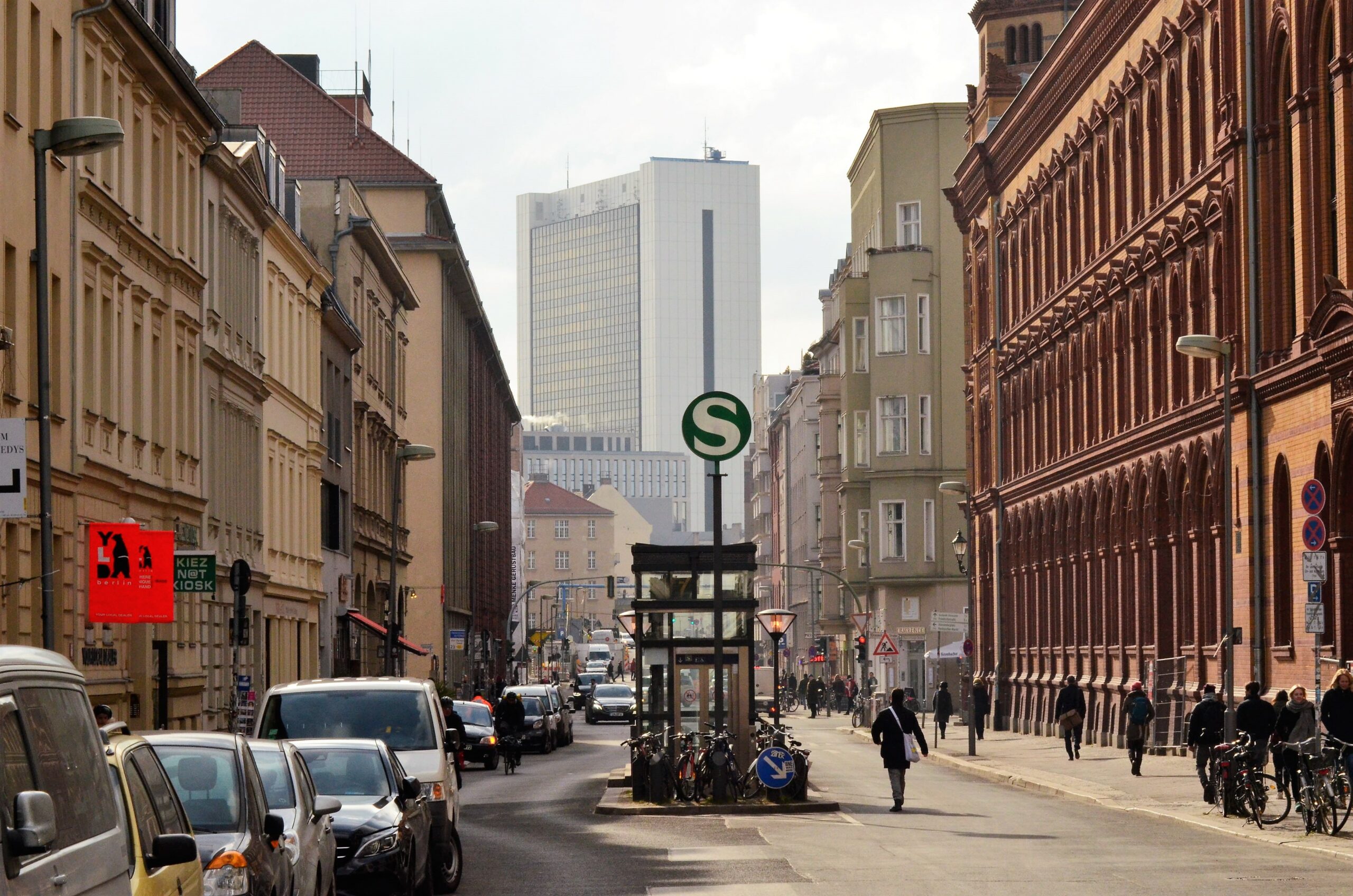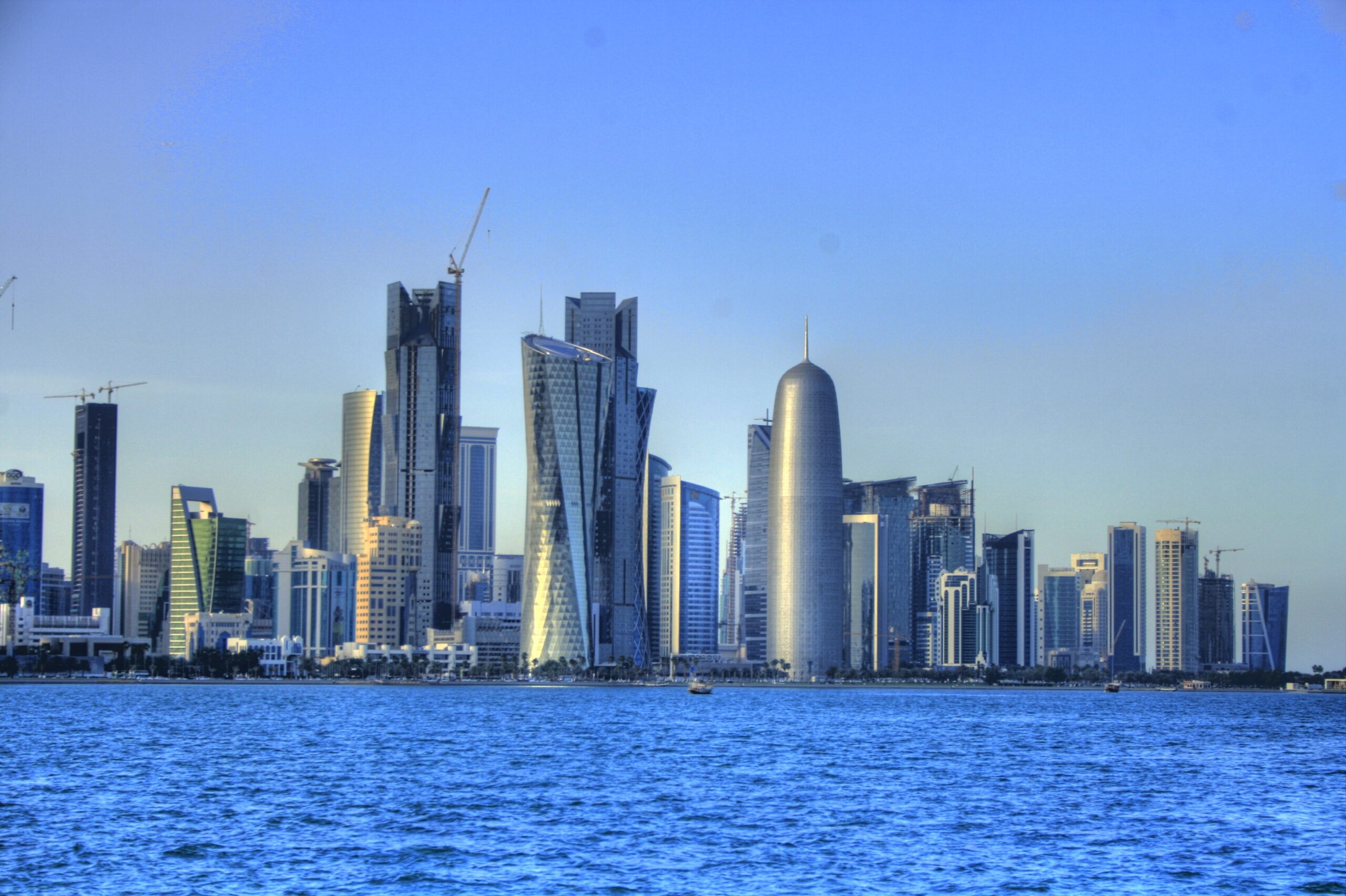Loophole may slow phaseout of gas heaters in Germany
Loopholes for ‘hydrogen-ready’ systems means the phase-out of gas heaters in Germany could take longer than many had hoped.

Draft rules adopted by the government in April foresee a ban on gas heaters in Germany, with bans on households and buildings from the end of 2044 and interim targets set for renewable heating. However, the draft contains loopholes for ‘hydrogen-ready’ systems which means the phasing out of fossil gas and oil in domestic heating could take longer than many had hoped.
In Germany, about 80% of heating is from fossil fuels with gas and oil having a share of 50% and 25% respectively and with coal providing a much smaller share. Germany consumed about 847.5 TWh (87 Bcm) of gas in 2022, according to data from regulator Bundesnetzagentur, and the government says about 40% of the total went to heat buildings and provide hot water.
Almost half of the approximately 41 million households in Germany currently heat with natural gas. In other words, replacing gas boilers with heat pumps or other renewable alternatives could help Germany reduce dependency on gas imports substantially.
To this end, the government last month adopted a draft Buildings Energy Act (Gebäudeenergiegesetz, GEG) with the aim of gradually phasing out gas in heating. The draft legislation, which will now be discussed in the Bundestag, the German parliament.
The draft law foresees a full phase out of fossil fuels in heating by the end of 2044. In principle, from January 1st, 2024, every newly installed heating system in buildings, whether households or commercial, must use at least 65% renewable energy. Existing oil and gas heaters are not affected by the rules and can continue to be used and repairs are still allowed, according to the draft.
To reach the 65% renewables target, consumers can either implement an individual solution and provide mathematical proof of the renewables share or choose between various flat rates set out by the authorities. There are a number of options on the table: connection to a heating network, electric heat pumps, direct electricity heating, hybrid heating – which is a combination of renewable heating and gas or oil boiler – and heating based on solar thermal energy.
“Hydrogen-ready” concerns
However, one option stands out; that is the option of so-called “hydrogen-ready“ gas heaters in Germany. This is effectively gas heaters that can be converted to run on 100% hydrogen, either blue or green, at a later stage. This option can only be selected if there is a legally binding investment and transformation plan for hydrogen networks. The networks must supply these heaters with at least 50% biomethane or other green gases from 2030 and at least 65% from 2035.
The hydrogen-ready option is nevertheless seen as problematic by environmental campaigners.
“This is a massive loophole. Hydrogen was always in the discussion, but not hydrogen-ready,” Sebastian Breer, Policy Advisor for Climate and Energy at WWF Germany, told Gas Outlook.
“This promotes the use of fossil gas in heating for many years to come. There is a scientific consensus that hydrogen won’t play a role to supply gas boilers at scale and, even if there was enough, it would be very expensive.”
WWF Germany and other environmental campaigners have welcomed the fact that the government is taking action to phase out fossil fuels in heating. However, many would like to see the phase out accelerate.
On the end-2044 cut off date, Breer says: “It is good that we have a fixed date, we did not have that before. But, having said that, 2044 is a conservative target – we would have liked more ambition.”
There is also a risk the draft legislation could be watered down in parliament. Finance Minister Christian Lindner and his Free Democrats (FDP) party have said the targets in the draft are unrealistic and that a more technological approach must be found. The goal is that the legislation will be finalised this summer but it is far from certain that this deadline will be met.
“The GEG is currently in the parliamentary process in the Bundestag,” a spokesperson for the Ministry for Economic Affairs and Climate Action told Gas Outlook.
“The Bundestag will then decide on any changes that are being negotiated by the parliamentary groups and the Bundesrat [representing the 16 German states] will confirm them.
“The law is due on January 1st and come into force in 2024.”
Meanwhile, the decarbonisation of Germany’s heating sector has begun, but progress is relatively modest. Breer notes that, of the almost 1 million heating systems sold last year, 600,000 were gas boilers and less than 250,000 were heat pumps.
“Gas boilers were subsidised until last summer,” he notes. “Last winter, people used a lot less gas for heating due to the energy crisis but still the sector did not meet targets.”
European phase-out
Germany is among several European nations phasing out gas in heating. Austria, for example, plans to phase out gas-fired heating in new buildings from this year. A complete phase out of fossil fuels in heating in Austria is envisaged by 2040. The Netherlands, Denmark and the UK are also taking steps to phase out fossil fuels in heating. In the U.S., New York has become the first state to announce a gradual ban on gas in new buildings.
In March of this year, the EU Parliament adopted draft measures to increase the rate of renovations and reduce energy consumption and greenhouse-gas emissions in buildings. To this end, they are proposing a revision of the Energy Performance of Buildings Directive aiming to reduce energy consumption in the EU building sector by 2030.
The reform will put pressure on Member States to phase out gas and diesel boilers by 2035 and to end subsidies for fossil-based heaters from 2024.



